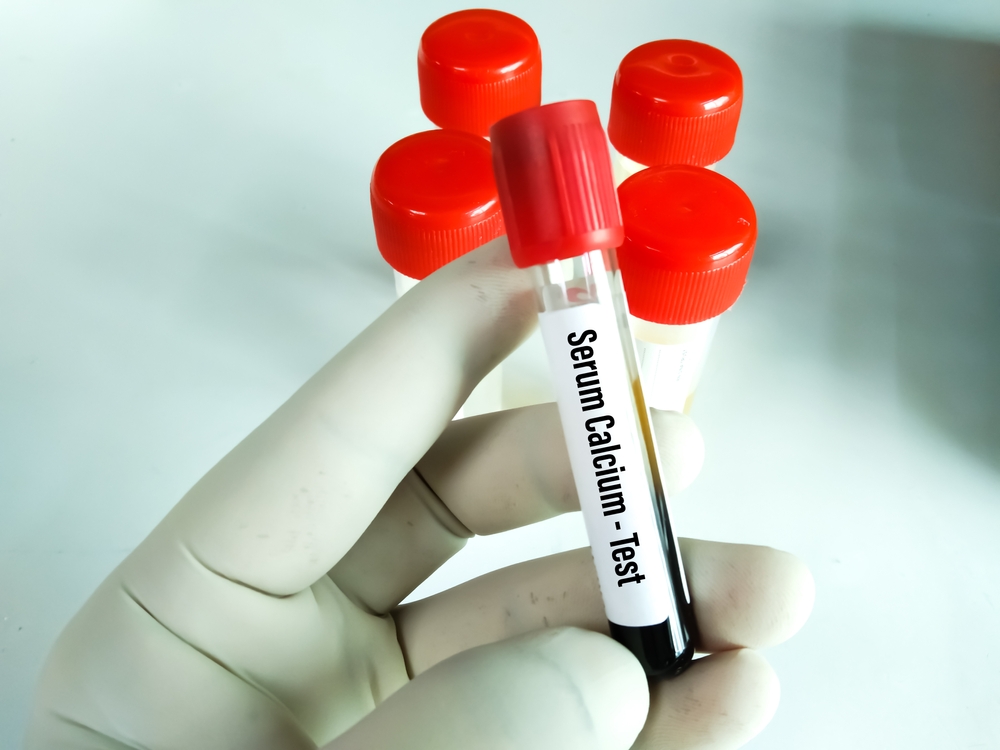Asthma is a chronic respiratory condition marked by airway inflammation, hyperresponsiveness, and mucus overproduction. Repeated exacerbations can lead to airway remodeling and irreversible airflow obstruction, making the prevention of these episodes crucial. While asthma is often driven by type 2 inflammation, current therapies targeting specific type 2 mediators have been shown to reduce exacerbation frequency but remain ineffective for many patients. Moreover, it is still unclear whether existing treatments result in long-term changes in the airway or if targeting additional pathways could be key to achieving asthma remission.
Innate immune activation plays a pivotal role in asthma exacerbations, yet there are significant gaps in understanding its response to exacerbating factors. This review explores the current knowledge of innate immunity in asthma exacerbations and the methodologies used to study it. It also identifies potential novel therapeutic targets and highlights areas for further research to improve asthma management and treatment outcomes.
Reference: Alladina J, Medoff BD, Cho JL. Innate Immunity and Asthma Exacerbations: Insights From Human Models. Immunol Rev. 2025 Mar;330(1):e70016. doi: 10.1111/imr.70016. PMID: 40087882; PMCID: PMC11922041.









